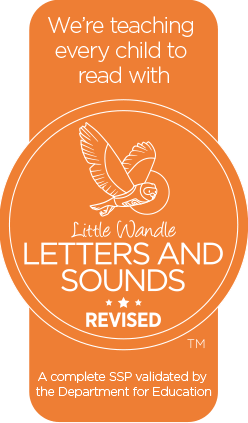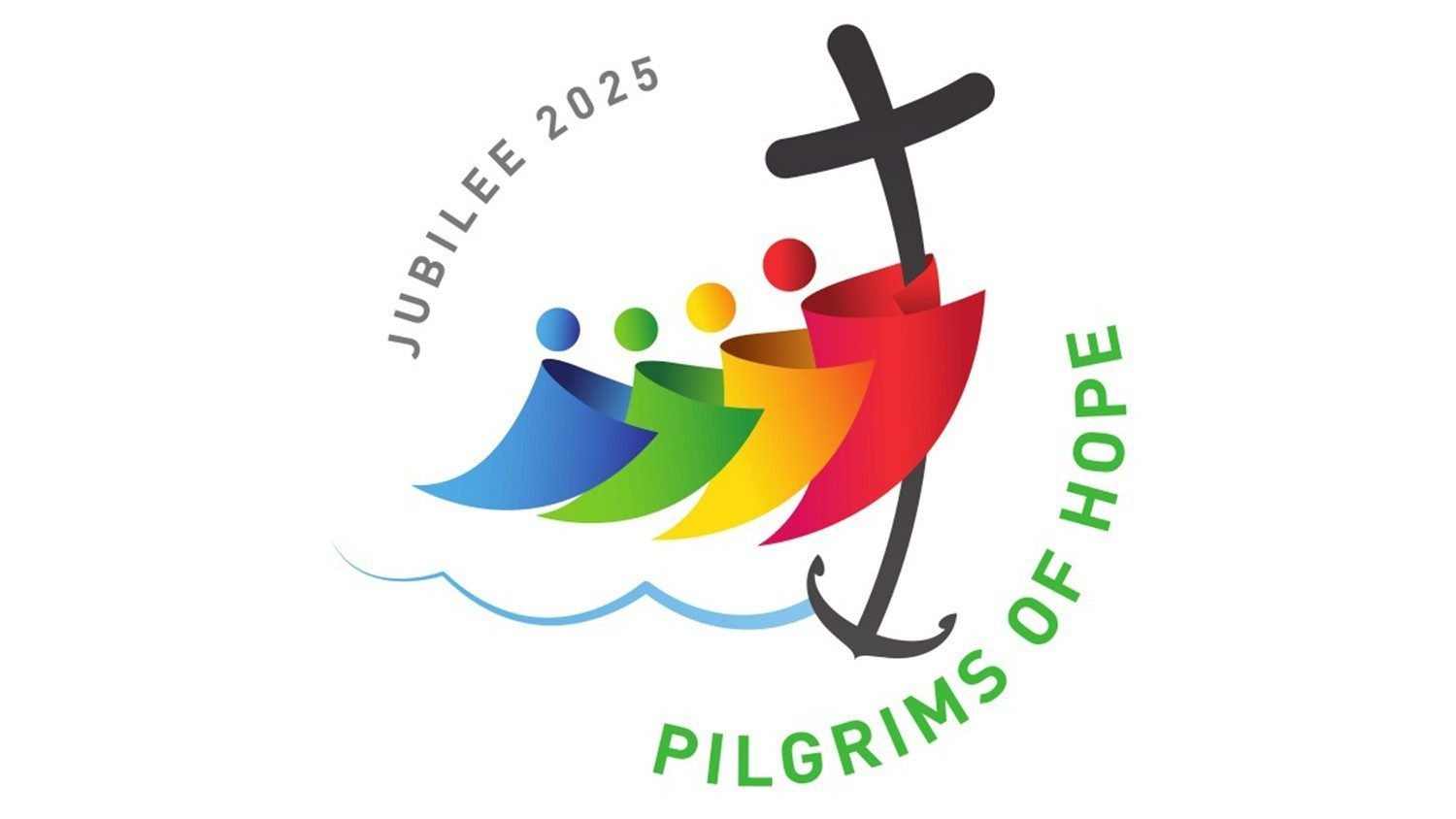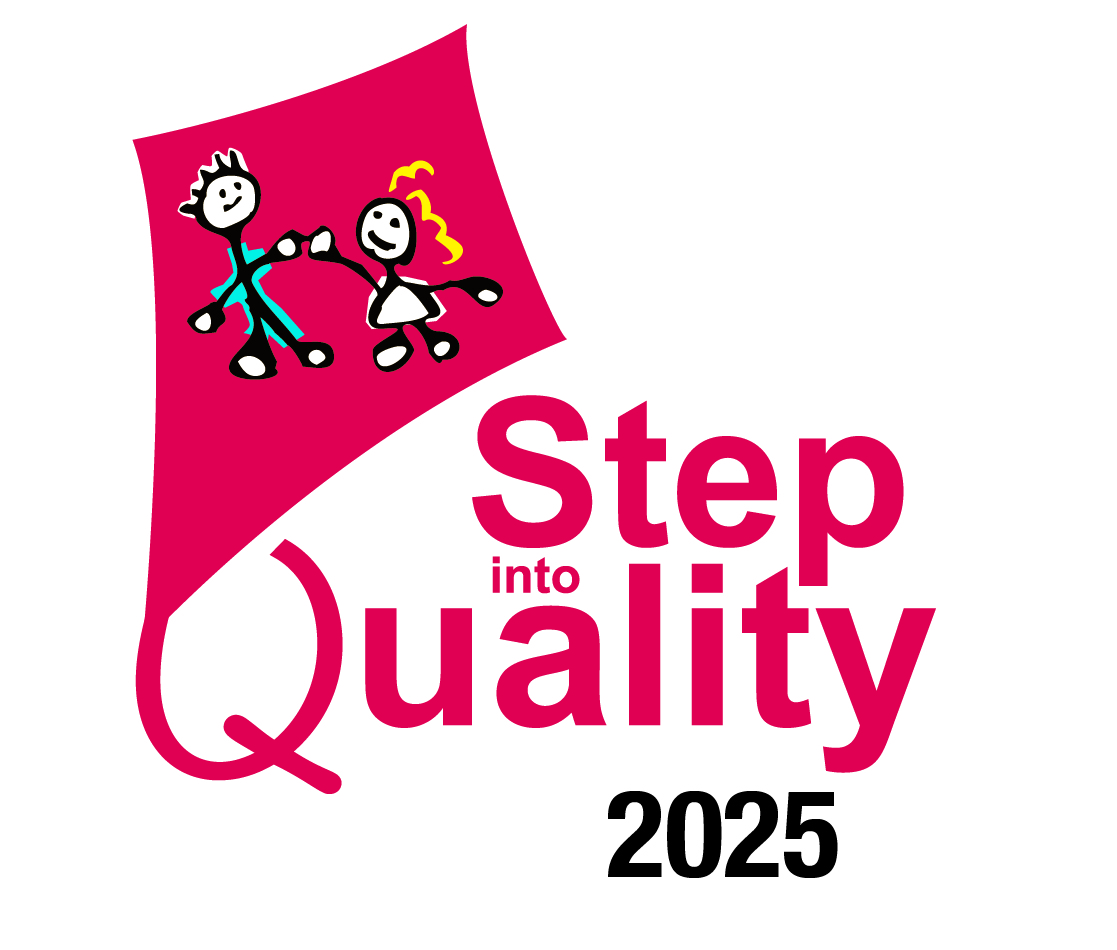
St. Edmund’s Catholic Primary School
Mathematics Intent Document
Intent
At St. Edmund’s Catholic Primary School, we believe that all children can achieve in their mathematics learning. All staff are committed to the teaching of mathematics, promoting it as an enjoyable and fundamental part of life. It is taught as a creative and highly interconnected subject, underpinned by the three statutory aims of the National Curriculum: fluency, reasoning, and problem solving.
Our intent is for all children to become fluent mathematicians, who are able to confidently recall and apply mathematical knowledge and demonstrate conceptual understanding. We aim for all of our children to be proficient users of mathematical language, supporting them in their reasoning across different contexts. Our ambition is for children to become competent problem solvers by applying their mathematical knowledge to a wide range of problems — in mathematics lessons, other subjects, and real life.
Implementation
At St. Edmund’s, our staff deliver two mathematics sessions per day: a 45-minute mathematics lesson and a 15-minute fluency session. Our fluency lessons follow the Mastering Number programme in EYFS, Key Stage 1, and Key Stage 2.
Our mathematics lessons are planned using the mixed-age White Rose Maths Schemes of Learning to develop a coherent and comprehensive conceptual pathway through mathematics. The focus is on all children progressing together in line with the Teaching for Mastery approach. Learning is broken down into small, connected steps, building from what pupils already know. Contexts and representations are carefully chosen to develop reasoning skills and to help pupils link concrete ideas to abstract mathematical concepts.
The use of high-quality materials and tasks to support learning and provide access to mathematics is integrated into lessons. These may include White Rose Maths Schemes of Learning and assessment materials, NCETM Mastery Assessment materials, Twinkl Mastery, NRICH, visual images, and concrete resources.
Mathematics lessons are taught daily to introduce, consolidate, and strengthen new or previously taught concepts. Teachers plan for and address misconceptions arising from White Rose sessions to ensure that all children develop secure mathematical understanding. All areas of mathematics are taught in line with the National Curriculum, with each year group given sufficient time to embed key concepts.
Daily targeted interventions are planned and delivered in all classes, ensuring pupils receive focused support to prepare them for progression. Teachers are closely following the National Centre for Excellence in the Teaching of Mathematics (NCETM) Ready to Progress documents, focusing on key lessons that reinforce essential mathematical skills. NCETM Ready to Progress resources support these interventions, providing structured and consistent approaches to closing gaps and securing understanding.
White Rose Maths has a clear focus on fluency, reasoning, and problem solving, supported by conceptual and procedural variation and mathematical thinking.
The National Curriculum states that pupils should become fluent in the fundamentals of mathematics through varied and frequent practice. We believe fluency is about developing number sense and being able to select the most appropriate method for the task at hand, applying skills to multiple contexts. We use the Mastering Number fluency programme, supplemented by additional materials produced by the NCETM.
Children become confident in the two types of fluency:
- Conceptual fluency, e.g. exploring the five strands of place value (counting, recognising cardinal numbers, understanding what each digit represents, understanding the base-10 structure, and exchanging), understanding equivalent fractions, and identifying key features of different data representations.
- Procedural fluency, e.g. developing mental and written calculation methods for the four operations with whole numbers, fractions, and decimals.
Children are given regular opportunities to recall known facts, develop number sense, understand why they are using particular methods, and apply skills efficiently in different contexts — for example, multiplying and dividing by 10 to convert units of measurement.
Reasoning and problem solving are planned for and interwoven into the mathematics curriculum. All mathematics lessons include whole-class reasoning or problem-solving questions.
Structure of Maths lesson
- Review & Do - Quick recap of prior learning (retrieval practice) to activate prior knowledge and address misconceptions.
- Teach & Model - Teacher-led introduction to the new concept, using tools such as interactive boards, concrete resources, pictorial representations, and interactive modelling.
- Guided Practice – Pupils work through selected questions with support. This may involve partner work, small group focus, or use of mini whiteboards to check understanding.
- Independent Practice - Independent tasks from the White Rose worksheets, with teachers carefully selecting questions for individuals or groups of pupils.
- Plenary & Review - Whole class or small groups come together to reflect on learning. This may include a challenge question or problem-solving task.
Fluency lessons
Our daily 15-minute fluency sessions follow the Mastering Number programme across EYFS, Key Stage 1, and Key Stage 2.
Mastering Number is a structured programme developed by the NCETM to support pupils in developing strong number sense, fluency, and confidence with number facts. It ensures pupils develop fluency, flexibility, and confidence with number facts and relationships. A strong foundation in number sense underpins pupils' ability to reason mathematically and solve problems efficiently across all areas of mathematics.
While originally designed for Reception and Key Stage 1, at St. Edmund’s Catholic Primary School we have extended the principles and approaches of Mastering Number into Key Stage 2 to support fluency, close gaps, and ensure continuity in mathematical development.
Impact
Our well-planned mathematics curriculum ensures that children become fluent and confident mathematicians, who exude enjoyment and curiosity about the subject. Our children are enthusiastic and competent mathematical problem solvers, within mathematics lessons and across the curriculum. Children perform well in mathematics and are well prepared for the next stage in their education.
To ensure our aims are met, we scrutinise learning through:
- Pre-assessments in Key Stage 1 and Key Stage 2 before starting new topics. Teachers use White Rose end-of-topic assessments from the previous year group to identify gaps or misconceptions. This may lead to additional whole-class lessons or targeted interventions. (Assessment for learning)
- Assessing pupils against the NCETM Ready to Progress Criteria at key points throughout the year to monitor understanding and identify gaps. Following these assessments, targeted interventions are delivered for pupils requiring additional support. Progress is regularly monitored to ensure measurable impact. (Assessment for learning)
- White Rose Maths assessment checks for their current year group both at the end of each topic and termly. (Assessment for learning)
- Talking to children during lessons to ensure they have understood the learning objective. (Assessment for learning)
- Marking completed work. (Assessment for learning)
The above enables teachers to make an informed judgement on pupils' understanding and record their mathematics ability on the school tracking tool, ‘iTRACK’.









